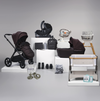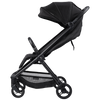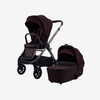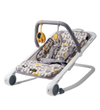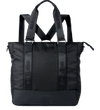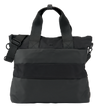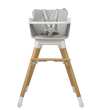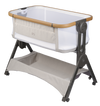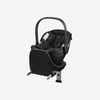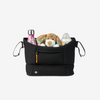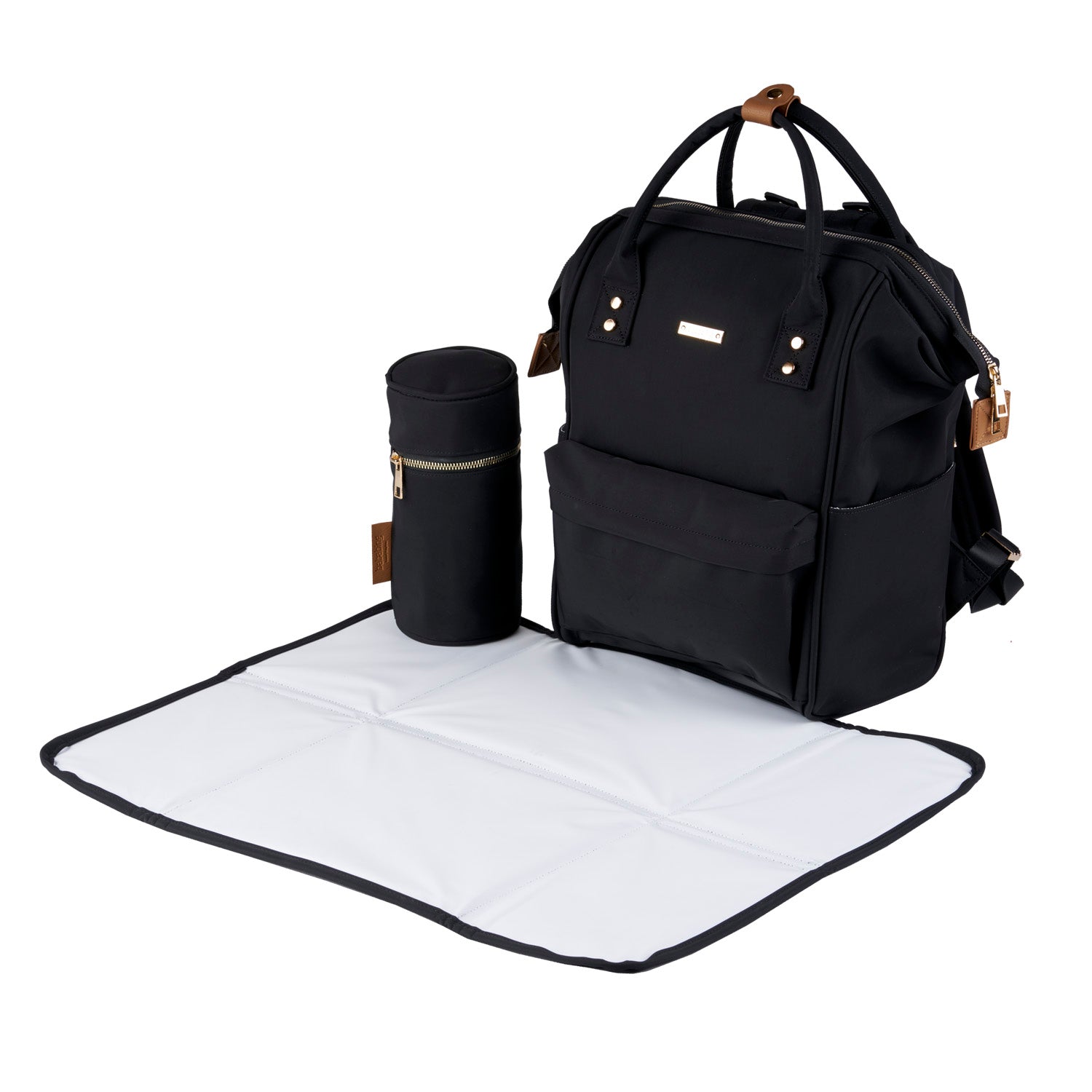If breast feeding isn't working for you, or you can't quite keep up with your baby's demands, you might decide to provide your little one with a part- or full-formula diet. You can consult your doctor about this, and they'll be able to advise you on whether this is the best decision for your family.
While there's a lot of pressure on new mothers to breastfeed their babies for as long as possible, the most important thing is that both you and your little one are happy and healthy. So, if it's causing you too much pain or stress, there's absolutely no shame in making formula and feeding them through a bottle instead.
In this guide, we're going to talk you through everything you need to know about infant formula, including how you should be making and storing it. This will help to ensure they're still getting all of the nutrients they need.
What is baby formula?
Most infant formulas are made using cow's milk, which is processed in a way that makes it suitable for babies. They're all required to meet The Infant Formula and Follow-on Formula Regulations (England and Wales) 2007, which means they all provide the nutrients your baby needs and are free from any nasties that might cause them harm.
What are the different types of formula?
Baby formulas tend to fall into three different groups, and you will have to consider your little one's age and requirements to choose the right one for them.
First milks
Newborns should be fed 'first milks', which are easy to digest, thanks to the fact that they're made using the whey of cow's milk. Unless advised otherwise by your doctor or health visitor, bottle-feeding your little one with first milk for the first six months of their life should provide them with all of the nutrition they need. You can then continue to give them first milk after six months when you begin to introduce solid foods. Then, once they're a year old, they can be given ordinary full-fat cow's milk.
Second milks
Second milks aren't recommended for young babies, because they contain more protein than first milks. They're also harder to digest, thanks to the fact that they're based on the curd of cow's milk, which is why they typically work for infants that are on the hungrier side. We would only recommend making the switch to second milks on your doctor's advice.
Follow-on milks
If your baby is at least six months old, you might want to start feeding them with follow-on milk, although this isn't completely necessary if they still seem quite happy with their first milk.
Infant formulas from different brands tend to have very similar recipes, which means there's no real need to be loyal to one company. However, if you find that a particular product is disagreeing with your baby, trying a different one could help, as the levels of each ingredient can differ slightly.
Step-by-step guide to making a baby formula feed
Here, we're going to talk you through the process of making formula feed for your baby, so you can make a perfect bottle each and every time.
- Fill your kettle with at least a litre of tap water.
- Boil the water and then let it to cool. You need it to remain at a temperature of at least 70°C, so it shouldn't be left for more than half an hour.
- Wash your hands and make sure the surface you're going to use to make the formula is clean and disinfected.
- If you have a cold-water steriliser, shake the excess solution from the bottle and teat, or rinse with water from the kettle.
- Pour the correct amount of water into the bottle as per the formula manufacturer's instructions.
- Loosely fill the relevant scoop with formula powder according to the instructions, and level it off using a clean, dry knife.
- Holding the edge of the teat, screw the lid onto the bottle, then secure this with the retaining ring.
- Click the cover on to the teat and shake the bottle until all of the powder has dissolved.
- Cool the formula by holding your baby's filled bottle under the cold tap.
- You can test the temperature of the formula on your wrist. Once it's cooled to body temperature, you can feed it to your baby.
- Make sure you throw away any formula that's left over after your little one has been fed.
Preparing baby formula in advance
Ideally, you should only ever prepare a bottle of formula just before you intend to feed your baby. But, if you do find yourself in a situation where you need to prepare a bottle in advance, it should be refrigerated below 5˚C within an hour of making it, and you'll need to make sure it's used within 24 hours. If you're struggling to keep it cool, it should be thrown away after an hour of standing at room temperature.
'Ready to drink' formula might be a better option if you're not sure about preparing a bottle in advance.
Using baby formula while you're out and about
Of course, whenever you leave the house with your baby, you should take everything you need to feed them if they get hungry while you're out.
As we've already explained, it's best to avoid making bottles of formula in advance, and you'll have to refrigerate any bottles that you make ahead of time. Because keeping pre-made formula cold while you're out and about takes a lot of hassle, we would recommend making your bottles up as you go.
One of the easiest ways to do this is by packing an insulated flask of just-boiled water, as well as sterilised containers of pre-measured formula in your baby changing bag. You'll also need to keep freshly washed bottles in a sterilised container. This will mean that, when your infant starts to get hungry, you can make up a fresh bottle of formula quickly and easily. Just make sure you always check the temperature on the inside of your wrist as the flask should keep the water hot for a few hours after you boil it. If you find that it's too hot, simply run the bottle under a cold tap until it's cooled.
If you're thinking about switching your baby on to formula but weren't sure where to start, we hope you now have all the information you need to take the leap. If you need any more information about providing your little one with all the nutrition they need, you can read our baby feeding guide. And, if you have any concerns or questions, be sure to get in touch with you doctor or health professional to give you peace of mind!

